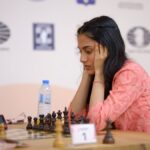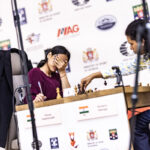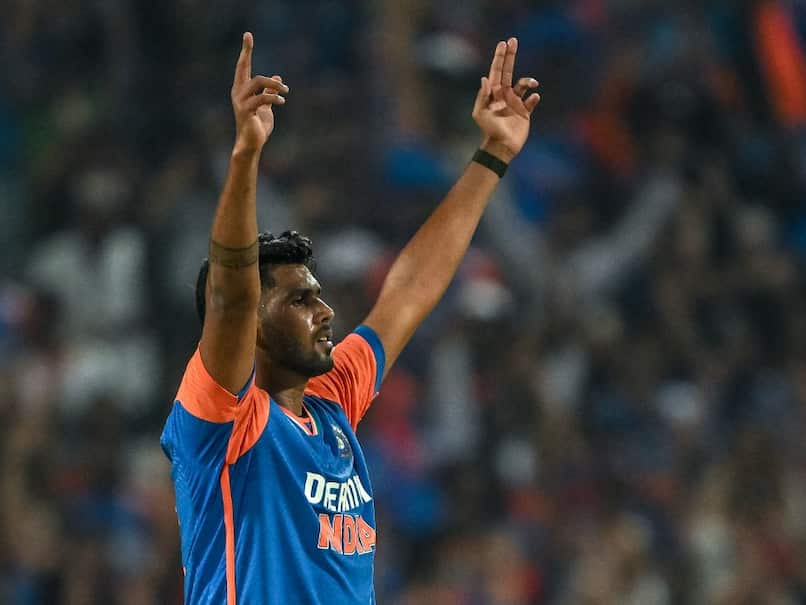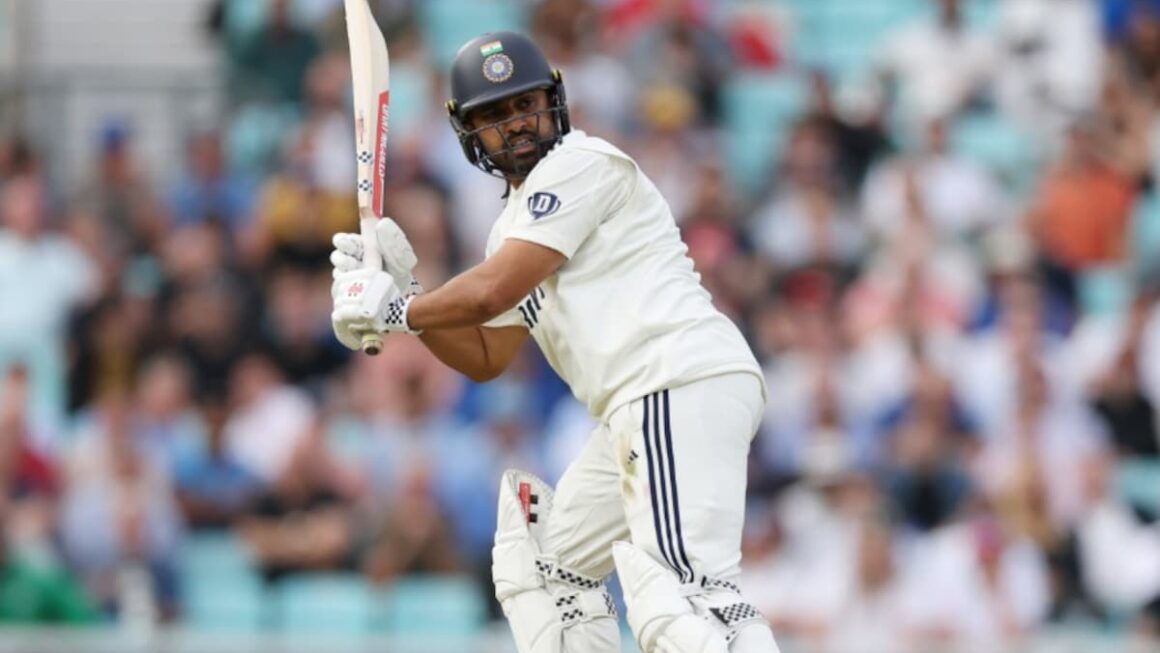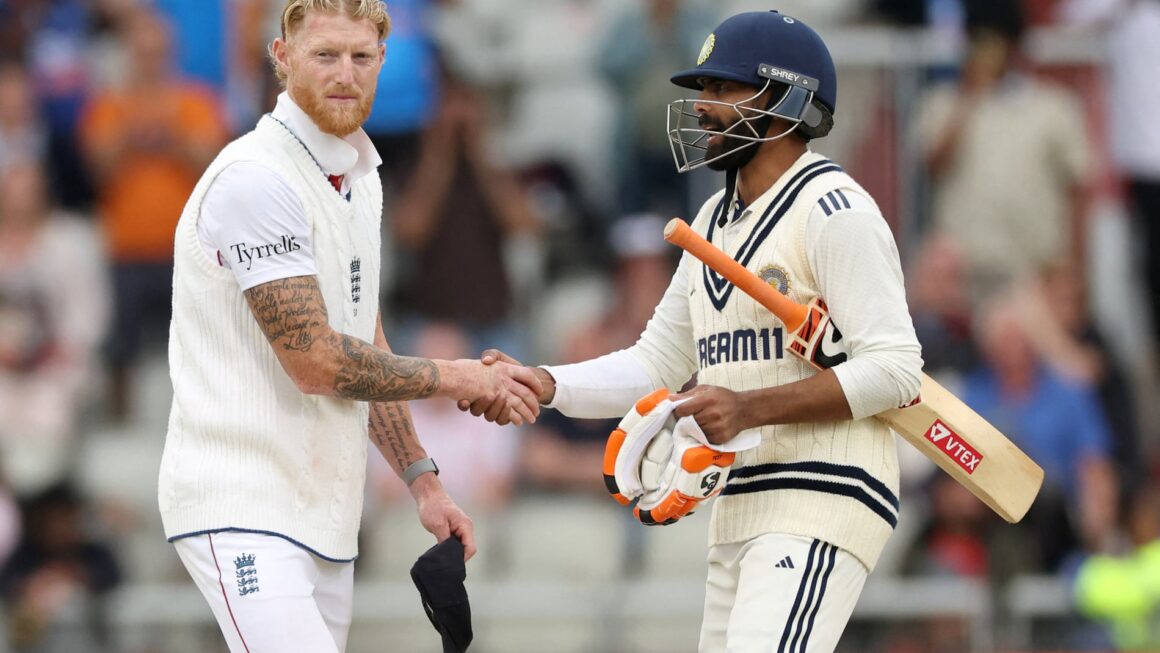The Harshit Rana Concussion Substitution Controversy
Introduction
In the fourth T20 International between India and England on January 31, 2025, a significant controversy emerged surrounding the concussion substitution of Harshit Rana for Shivam Dube. This incident has sparked widespread debate regarding the application and fairness of concussion substitution rules in cricket.
The Incident: Harshit Rana Replaces Shivam Dube
During India’s innings, all-rounder Shivam Dube suffered a concussion and was subsequently replaced by fast bowler Harshit Rana. Rana’s impact was immediate and substantial; he took three crucial wickets, contributing significantly to India’s 15-run victory over England. This substitution, however, raised questions about its adherence to the “like-for-like” replacement guideline stipulated by the International Cricket Council (ICC).
England’s Response: Jos Buttler’s Critique
England’s captain, Jos Buttler, expressed dissatisfaction with the substitution, arguing that Rana, a specialist fast bowler, was not a “like-for-like” replacement for Dube, who is primarily a batting all-rounder. Buttler emphasized that the substitution provided India with an undue advantage, as Rana’s bowling prowess played a pivotal role in England’s defeat. He also highlighted a lack of consultation and clarity in the decision-making process, noting that the match officials did not adequately communicate with the England team regarding the substitution. citeturn0news27
ICC Concussion Substitution Rules: An Overview
The ICC’s concussion substitution rule allows teams to replace a concussed player with another player, provided the replacement is considered a “like-for-like” substitute. The intent is to prevent teams from gaining a competitive advantage through the substitution. The match referee is responsible for approving the replacement to ensure compliance with this guideline. In this instance, match referee Javagal Srinath approved Rana’s substitution for Dube, a decision that has been met with contention.
Historical Context: Previous Concussion Substitution Controversies
This is not the first time a concussion substitution has led to controversy in international cricket. In a 2020 T20I match against Australia, India’s Yuzvendra Chahal replaced Ravindra Jadeja, who had suffered a concussion. Chahal, a specialist bowler, was brought in for Jadeja, an all-rounder, and went on to deliver a match-winning performance. This incident similarly sparked debates about the fairness and consistency of concussion substitutions. citeturn0search9
Expert Opinions: Diverse Perspectives
The cricketing community is divided over the Harshit Rana substitution. Some experts argue that the substitution violated the spirit of the “like-for-like” rule, as Rana’s role as a specialist bowler differs from Dube’s role as a batting all-rounder. Others contend that the substitution was justified, given the immediate need to replace an injured player and the match referee’s approval. Notably, former Indian cricketer Ravichandran Ashwin commented on the situation, suggesting that while the substitution benefited India in this instance, such decisions could potentially disadvantage the team in future scenarios.
Implications for Future Matches: The Need for Clarity
The controversy underscores the necessity for clearer guidelines and more consistent application of the concussion substitution rule. It highlights the importance of transparent communication between match officials and teams to ensure fair play. Moving forward, the ICC may need to revisit and refine the criteria for “like-for-like” replacements to prevent similar disputes and maintain the integrity of the game.
Conclusion
The Harshit Rana concussion substitution controversy has ignited a critical discussion about the application of concussion substitution rules in cricket. It serves as a reminder of the complexities involved in ensuring player safety while maintaining fair competition. As the sport continues to evolve, it is imperative for governing bodies, teams, and officials to collaborate in refining regulations that uphold both the spirit and fairness of the game.



